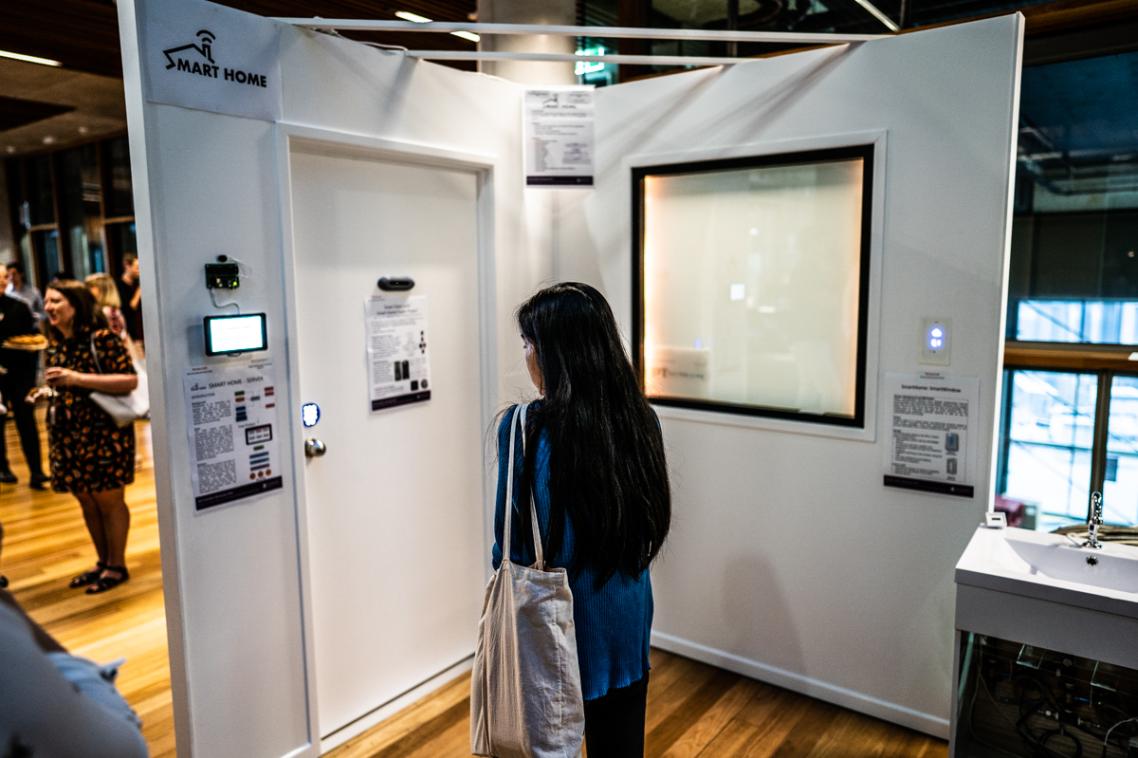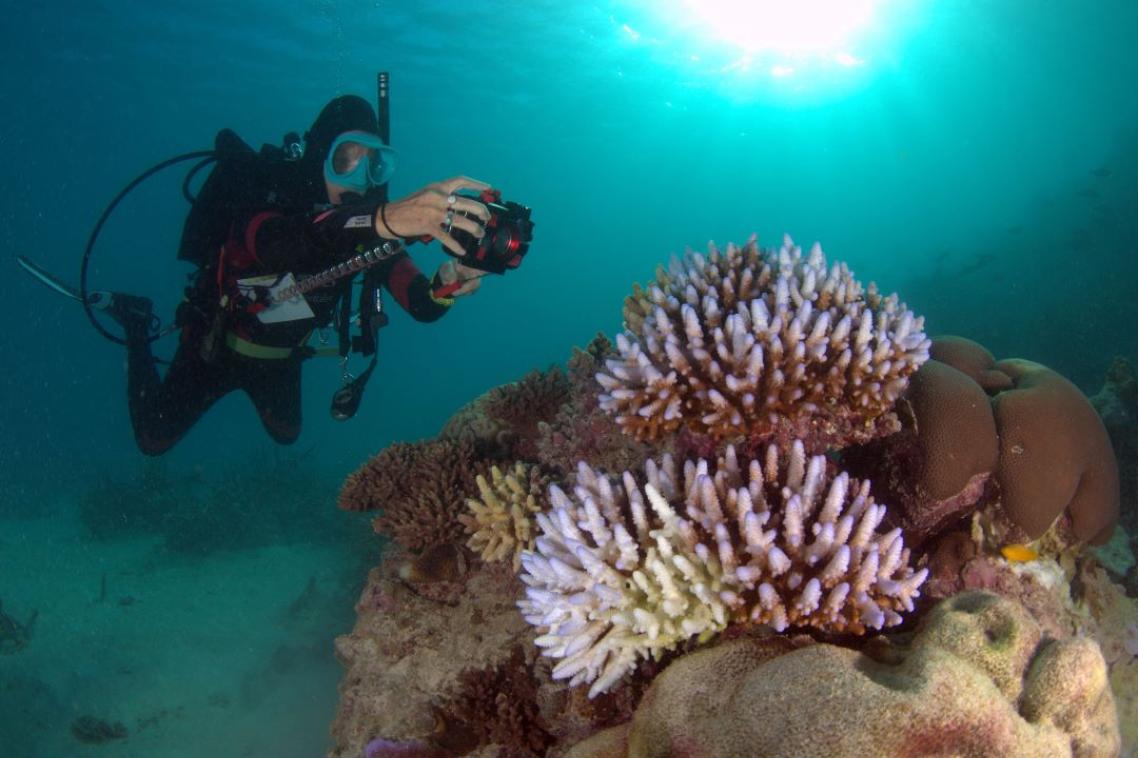Students open doors to smart homes

A pioneer program at The University of Queensland will see students work with industry experts to design and manufacture smart devices to create a smart home.
Information Technology and Electrical Engineering Course Coordinator Dr Alex Pudmenzky said almost every component of the home would be a smart device.
“It will include a smart fridge, a smart door, a smart window, a smart tap, a smart bathroom scale, a smart indoor/outdoor weather station and more,” he said
Such smart devices are already on the market, but Dr Pudmenzky said students were determined to take the technology a step further.
“One student is looking at a fridge that checks contents as items go in and out,” he said.
“For example, when you place a carton of milk in the fridge the database can estimate when you will run out and adds it to a shopping list or warns when the expiry date is approaching.
“We also have a smart door that moves beyond existing models that are opened with Bluetooth or RFID tags.
"It will take a 3D image of the person standing in front of it so it will not only measure your face for facial recognition, it will also measure your body shape for added security.”
The Gartner Research Company predicts that within the next two years, 20 billion smart devices will be used for everything from health and fitness to entertainment, security and time management.
Dr Pudmenzky said data security would be the biggest issue facing smart homes, so the UQ Smart Home project would give users the opportunity to opt-out of having their private data on the internet.
“The students are developing a virtual home that sits behind your wi-fi router and only communicates with the outside world depending on user preferences.
“It can be limited to a single computer communicating with these devices from inside the house.”
Information Technology and Electrical Engineering Head of School Professor Michael Bruenig said the project was one of many initiatives that demonstrated innovation and commitment to teaching excellence in computer science.
“Projects like this have enabled UQ to enter the top 100 in the 2019 Times Higher Education subject rankings for computer science,” he said.
“We’re very proud to be shaping the digital future for generations to come.”
Media: UQ Communications, Paige Ashby, p.ashby@uq.edu.au, 0430 511 615.
Topics
Related articles

Thousands of Queensland reef photos lead to worldwide change

UQ to conduct world-first tests into effectiveness of magnetic heat shields for atmospheric re-entry of large spacecraft
Media contact
UQ Communications
communications@uq.edu.au
+61 429 056 139
